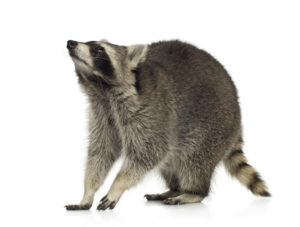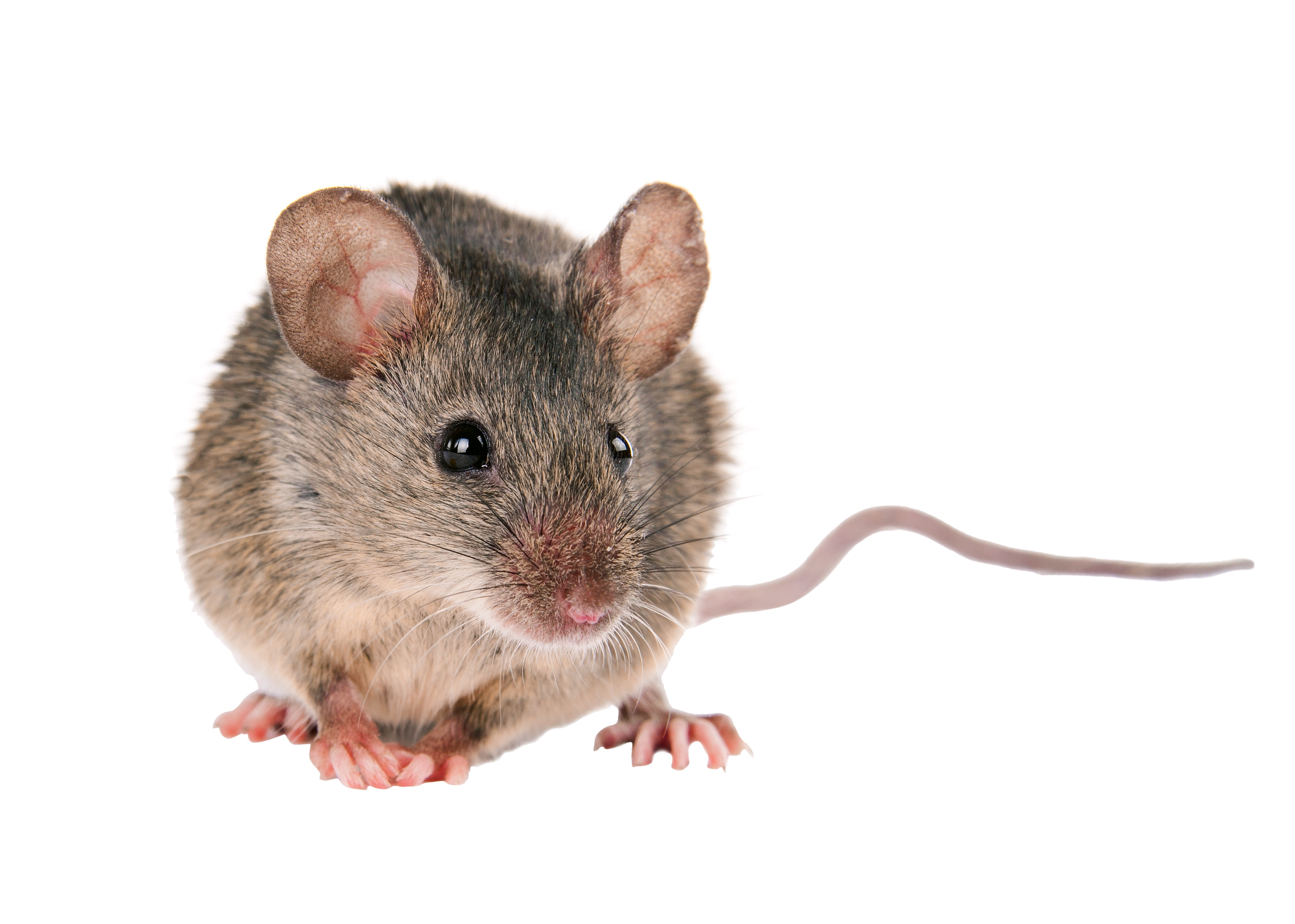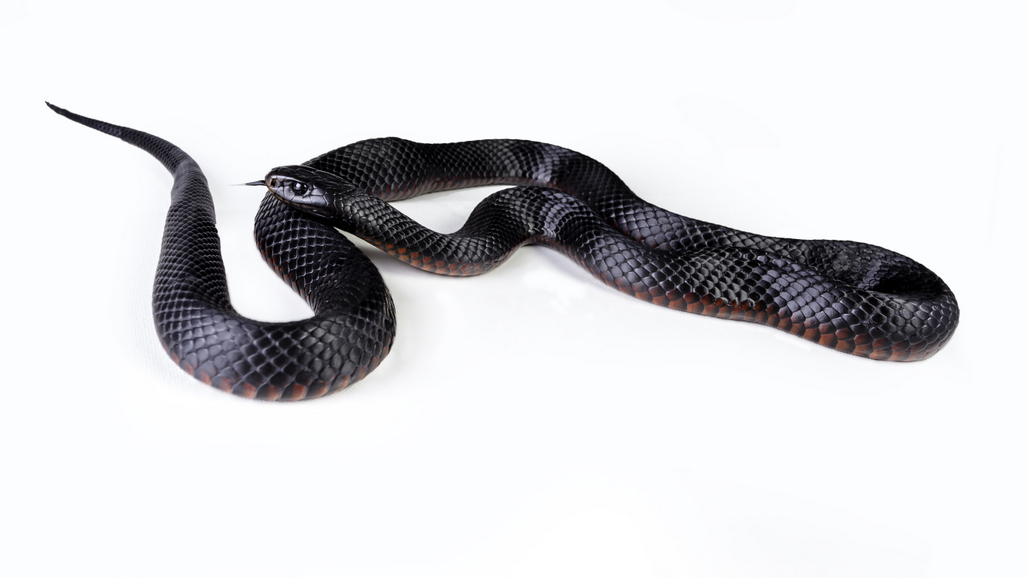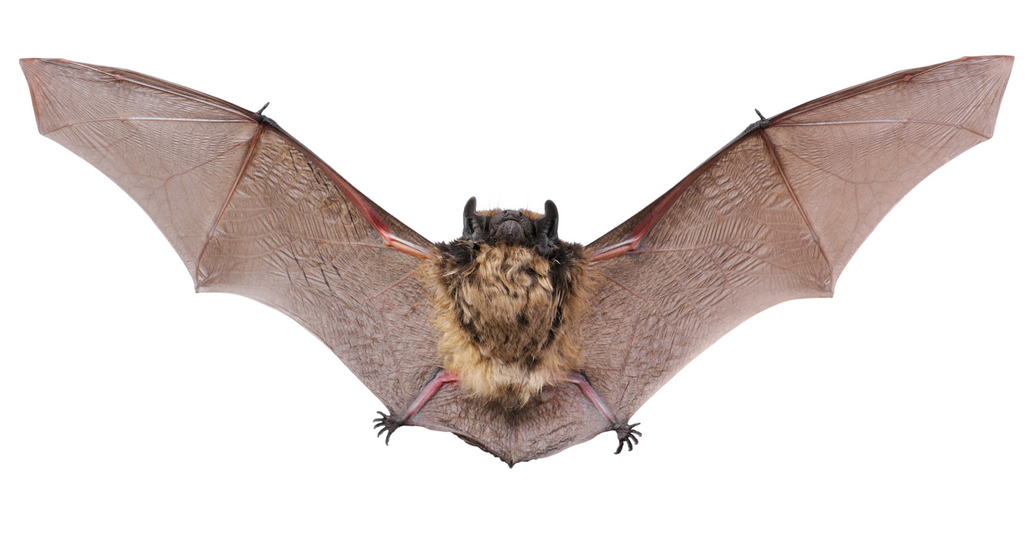Call Us About Raccoons! 864-546-1016

Raccoon Trapping and Removal
Raccoons are classified as game animals in many states. Trapping and removal of pest raccoons may require special permits or regulation compliance. Raccoons can be aggressive animals when threatened or sick, it is always safer to allow trained specialist to trap and remove nuisance wildlife. Raccoons are also the primary carrier of rabies virus in the Southeastern USA. The wildlife specialist at All About Wildlife Control understand the health and safety risks of dealing with each wild animal and we have the knowledge and experience to safely and effectively solve your nuisance raccoon problem.
Call All About Wildlife Control today at (864) 546-1016 to get rid of raccoons and to prevent raccoon problems.
All About Wildlife Control in Greenville, Anderson, and Seneca, SC is your trusted raccoon control and removal expert.
Raccoon Prevention and Control
Removing food sources that attract raccoons is a major step is raccoon prevention and control. Homeowners should secure pet food and pet water at night, store garbage in metal or plastic containers with tight fitting lids and only place plant matter such as leaves and grass clippings in compost piles to avoid attracting raccoons, skunks, opossums and other scavengers. Use enclosed compost bins to compost waste foods to avoid attracting raccoons, skunks, opossums and other scavengers. Reduce the amount of seed that falls to ground from bird feeders. Trim all overhanging limbs and shrubs to limit raccoon’s access to rooftops. Seal all opening to a structure to deter raccoons from considering your home as a potential den location. Secure chimneys with commercial chimney caps. Barriers can also be used to protect gardens and crops from raccoons. For professional assistance and peace of mind, call the wildlife specialist at All About Wildlife Control to assist with your raccoon problems. We will use our knowledge and experience to develop effective raccoon damage prevention and raccoon control strategies for your unique property and home.
Raccoons are four legged mammals about 2 to 3 feet long weighing 10 to 30 pounds. Raccoons are approximately the height of a very large house cat. They are stocky animals with a black “mask” over their eyes and a ringed furry tail. Raccoon body color is grizzled salt-and-pepper gray and black. Raccoons are nocturnal and seldom seen during daylight. Raccoons seen during daylight could be a sign that animal is sick or has rabies.
Raccoons primarily breed in February or March. Three to five young are born in April or May. Family groups usually remain together for the first year and young often den with female during winter. Raccoons will readily utilize homes and buildings for raising young and for use as a den in winter. Raccoons are strong animals and will use holes or tear out small openings to get into attics, soffits, eaves, crawl spaces and chimneys. Raccoons only need a 4-inch gap to enter a space. Raccoons can also pull vent fans and loose covers off to gain access to kitchens and attics.
Raccoons make a variety of sounds including chirps, coos, chatter, distress calls, and purrs. A home owner may hear sounds if raccoons are in attics, ceilings, soffits, chimneys or crawl spaces of home. Tapping, bumping and scratching sounds can also be heard when raccoons are crawling in attics, ceilings, soffits, chimneys or crawl spaces of house.
Raccoons are very adaptive animals and are very common neighbors to human dwellings. Raccoons are found throughout the US and are common in suburban areas, woodlands and agricultural areas. Raccoons can also be found in cities and around parks.
Raccoons eat both plants and animals. They eat fruit, berries, nuts, acorns, corn and other grains. Raccoons also eat fish, frogs, snails, insects, turtles, eggs, mice, rabbits, ground nesting birds and waterfowl. Raccoons will also gladly eat human garbage and other food waste.
Raccoons are the primary vector species for rabies in the eastern US.
Raccoon roundworms (Baylisasacris procyonis) can cause blindness, brain damage, and death. Avoid disturbing raccoon feces, and soil or other items contaminated by feces.
Raccoons can be aggressive to humans, especially if they have rabies, young or if they feel threatened. Raccoons, being strong and larger in body size, can result in significant damage to your house and property through attempts to create entry points into your home. Raccoons can destroy and contaminate insulation in attics and walls by building nests and from urine and feces.
Raccoons can damage your yard while looking for grubs and earthworms. Raccoon can also cause significant damage to gardens and agricultural crops such as corn and watermelon.
Raccoons will attack and kill poultry inside coops. Raccoons can tear their way through doors or light gauge woven wire to access poultry.



